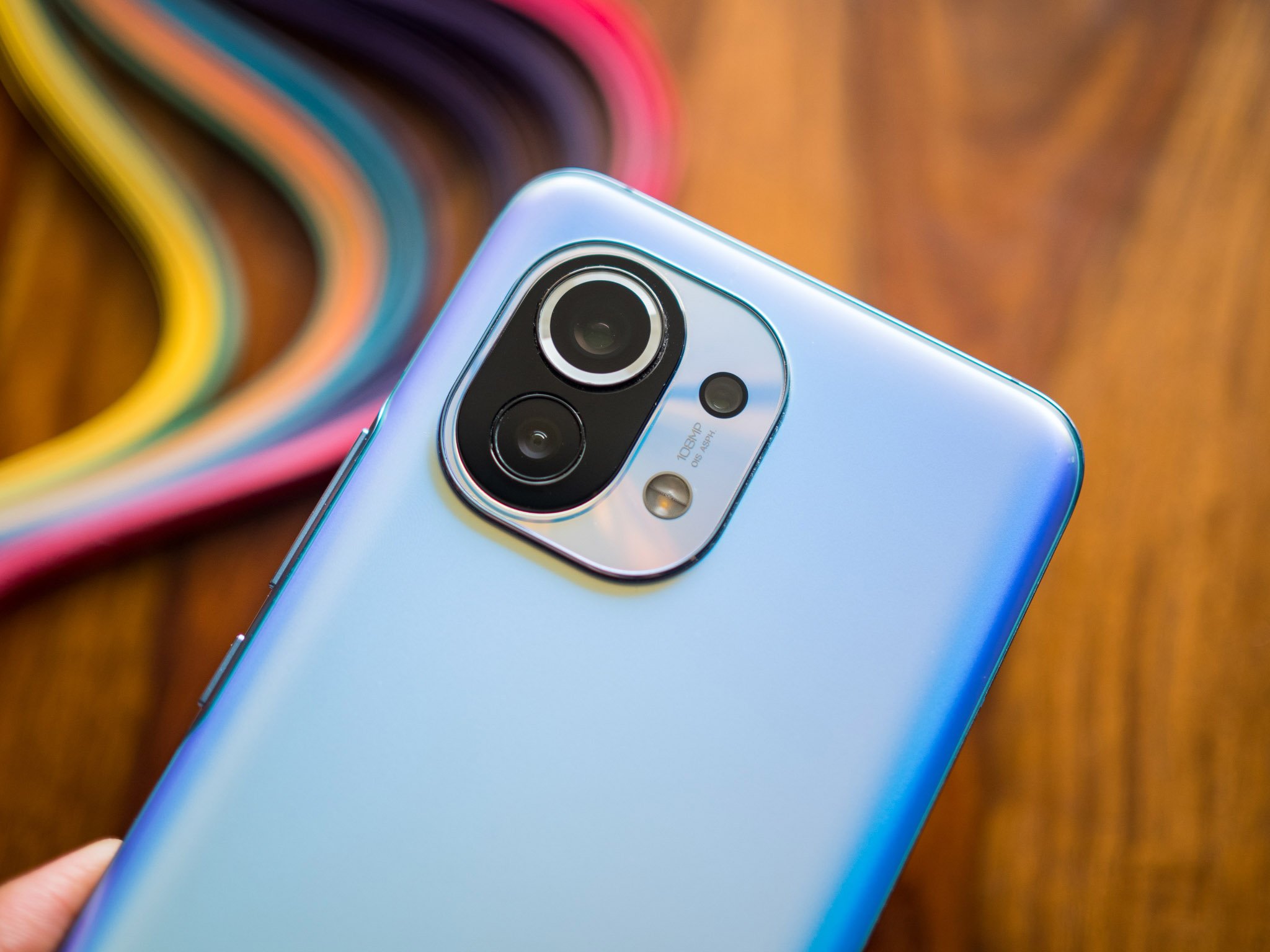It's available only in China at the moment.
What you need to know
- Xiaomi has released the first internal beta version of MIUI 12.5 based on Android 12 for the regular Mi 11.
- The update does not seem to be available at the moment for the other devices in the Mi 11 series.
- MIUI 12.5 beta is currently accessible only in China.
Xiaomi has apparently started beta testing MIUI 12.5 based on Android 12 for the Mi 11, a tipster has shared on Twitter. The release comes just a few days after Google rolled out the latest Android 12 beta, bringing it a step closer to its final release.
The testing marks the rollout of the first internal version of MIUI 12.5 since Xiaomi joined the Android 12 beta update party in May along with other OEMs, as per XDA Developers. At that time, the Chinese phone maker began seeding its own Android 12 beta to the flagship Mi 11 Ultra, Mi 11, the China-only Mi 11 Pro, and the Mi 11i (sold as Mi 11X Pro in India and as Redmi K40 Pro in China). However, that update included only the vanilla Android 12 build, without a MIUI flavor on top.
It's a bit odd, though, that the MIUI 12.5 beta has landed only on the regular Mi 11. It remains to be seen when the company will push the update to the Mi 11 Ultra and Mi 11 Pro, which are among the best Android phones on the market.
The closed beta build is also available only in China for now, meaning it doesn't come pre-loaded with Google Play Services or any Google apps. Not much is known about what features Xiaomi will introduce in the Android 12-based build since it's in internal testing, so we'll have to wait a bit longer before we get to see the changes.
Ultimate flagship
Xiaomi Mi 11 Ultra
₹69,999 at Xiaomi India £1,199 at Xiaomi UK
"No-compromise" flagship phone
Xiaomi's latest high-end flagship offers an ultra-smooth 120Hz AMOLED display, amazing cameras, Snapdragon 888 chipset, 67W wired and wireless charging, and IP68 water and dust resistance.
Source: androidcentral

